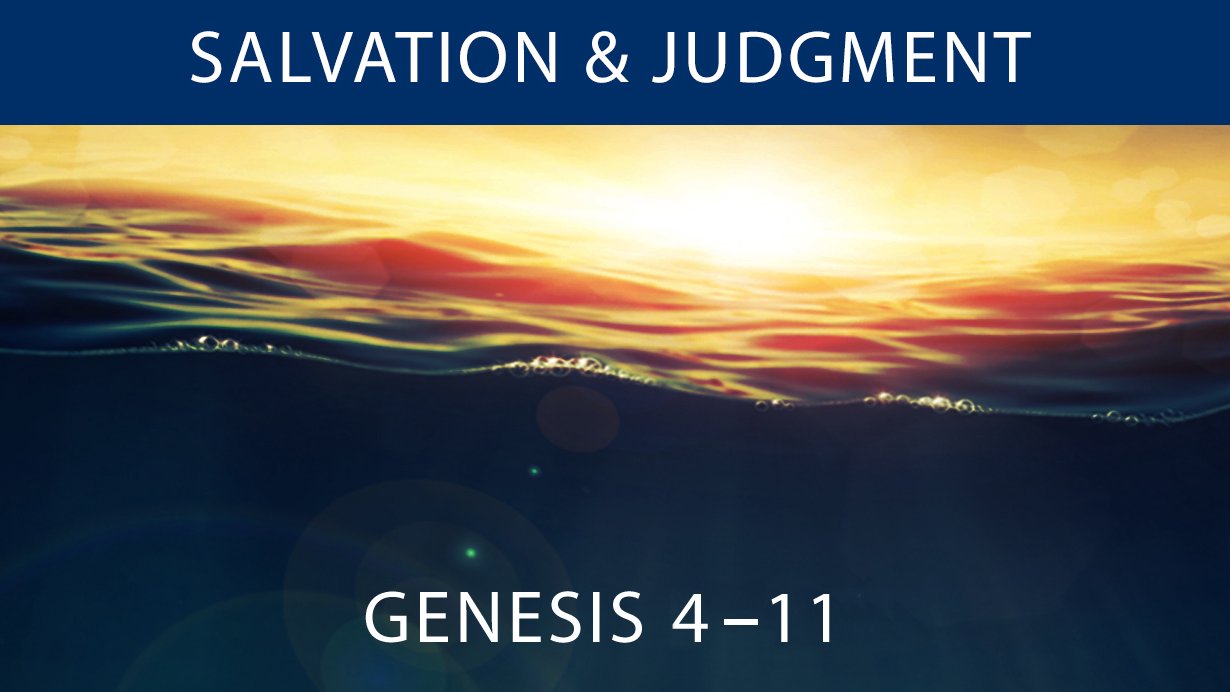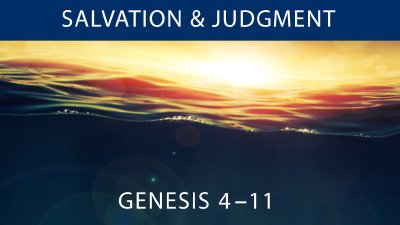Dear OBC Family,
At the end of the nineteenth century, Abraham Kuyper, the Dutch polymath who was at various times a pastor, theologian, editor, educator, and Prime Minister of the Netherlands, wrote a volume addressing common grace. Common grace is the doctrine that says God shows varying degrees of kindness to all creation, not just those who trust in Christ.
And importantly, Kuyper shows how common grace is related to Noah and the covenant that God makes with him and through him to all creation. Indeed, as we will see over the next few weeks, this a covenant that continues today, as the rainbow bears witness to God’s promise to never destroy the earth again with water.
Yet, I wonder: when we see a rainbow do we remember Genesis 9 and the grace of God? Or do we think first and foremost about how the sun shown through a water droplet to create the array of colors? Or maybe we think of some legend related to leprechauns and gold?
Whatever we think about, Kuyper is right to call our attention back to God and his Word.
Many people, including pious children of God, behold and admire the rainbow without being aware of the underlying covenant that is so powerfully addressing them. For that reason, we must begin with placing the lofty significance of that Noahic covenant in more radiant light once again. It must come alive for us once again, address us once again, and become for us once again an essential component of the grace of God that sustains us.
Indeed, we need to recover the rainbow, which today has undergone a transformation that this nineteenth century Christian could never have imagined. But more than restoring a proper understanding of the rainbow, we need know what the story of Noah tells us about God, his preservation of the world, and his plan of salvation.
Beginning this Sunday, we will begin to see what the story of Noah is about and how the ark, the flood, the animals, and the rainbow, tell us something about salvation, baptism, creation, and covenant—to name only a few. Indeed, Genesis 1–11 gives us an inspired interpretation of the patterns that God used in the Bible and even today to bring his purposes to effect. And lest we misunderstand the Bible and our own time, we need to see carefully what Scripture says to us about Noah and his ark.
To that end, I would encourage you to read Genesis 6–9 before Sunday and also to read a short article on typology. Typology is something we discussed in Sunday School a few weeks ago and it something that will repeat in the rest of Genesis. By definition, biblical types are historical persons, events, or institutions that are assigned by God to foreshadow later and greater realities that relate to the person and work of Jesus Christ. For us, it is impossible to read about Noah without seeing him as a type of Christ. And so, rehearsing what a type is will be helpful for you as you prepare for Sunday.
In all, pray for God to open our eyes to see his plans of grace in the historical events of Noah. On Sunday we will begin looking at Genesis 6–9. And we will continue to fix our gaze on Christ through him for the next few weeks. As the Lord allows, I look forward to sharing insights with you from Genesis 6–9.
May the Lord be glorified by our time together!
For His Glory and your joy in Christ,
Pastor David
------------------------------------------------------------------------------------------------------------
Discussion & Response Questions (Genesis 6:9 – 7:10)
Compare and contrast the description of Noah and the description of the earth (Gen 6:9-12, 2 Pet 2:5).
What does it mean to walk with God? How does Scripture describe this?
What does it look like for God’s people to walk with Him?
Consider what this looked like (1) before the Flood, (2) in the nation of Israel before Christ, and (3) today.
How does Jesus describe the days of Noah (Matt 24:36-44)?
What should we learn from God pronouncing his judgment (6:13), and providing instructions for the ark (6:41-21)?
What characterizes Noah’s obedience (6:22-7:5)?
What is righteousness? How is Noah righteous? (See Gen 7:1; Heb 11:7).
What does this narrative teach us about the justice and mercy of God?
Do we live with a sense of the coming judgment of God? Why or why not?
How should we respond to this text?
As a reminder, if you’d like to know more about the biblical idea of giants, you can pick up a copy of Giants: The Sons of the Gods on the bookshelf.






